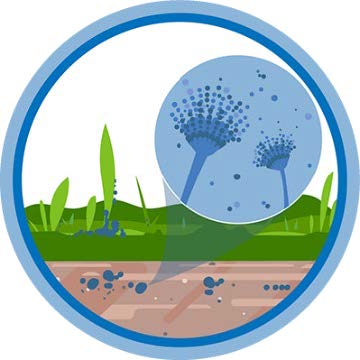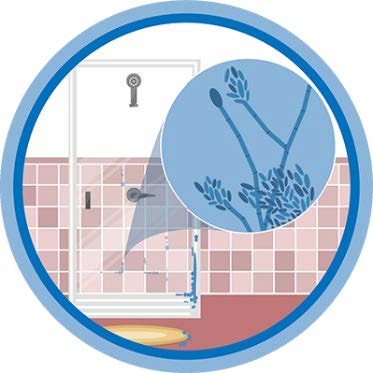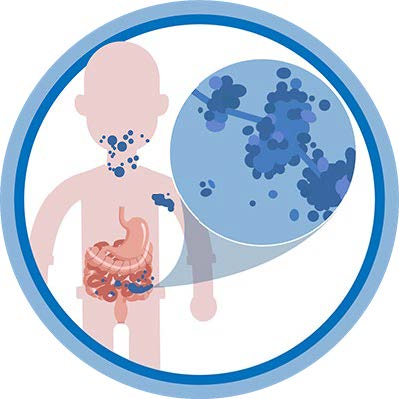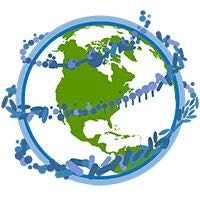Mycotic (Fungal) Diseases
About Fungal Diseases
Fungi are everywhere. Sometimes, they are too small to see with the naked eye. Fungi live:




-Outdoors, for example, in soil, and on plants
-Indoors, on surfaces, and in the air
-On people’s skin and inside the body
-There are millions of fungal species, but only a few hundred of them can make people sick. Molds, yeasts, and mushrooms are all types of fungi.
Fungi can cause many different types of illnesses, including:
Provider Fungal disease reporting
Please use the morbidity reporting card
Resources:
Public Education:
Fact sheets and posters
Provider Education:
- Training course on laboratory identification of pathogenic molds
- CDC’s Mycotic Diseases Branch conducts an annual training course on the identification of pathogenic molds. The course is organized with the National Laboratory Training Network. More than 500 people have attended these courses to date. For more information, contact the National Laboratory Training Network.
- Laboratory Leadership Service (LLS) Program
- The LLS program is a one-of-a-kind fellowship opportunity that bridges lab science and public health and delivers expert training in the competencies required to lead a public health laboratory or program. It provides unparalleled opportunities for career growth and progression.
- Epidemic Intelligence Service (EIS)
- EIS is the CDC’s 2-year training program in the practice of applied epidemiology. Each year, 70–80 new EIS officers are selected from among hundreds of physicians, doctoral-level scientists, veterinarians, and other health professionals who apply to this competitive fellowship program. The Mycotic Diseases Branch currently seeks to recruit one EIS officer each year.
Additional Resources



